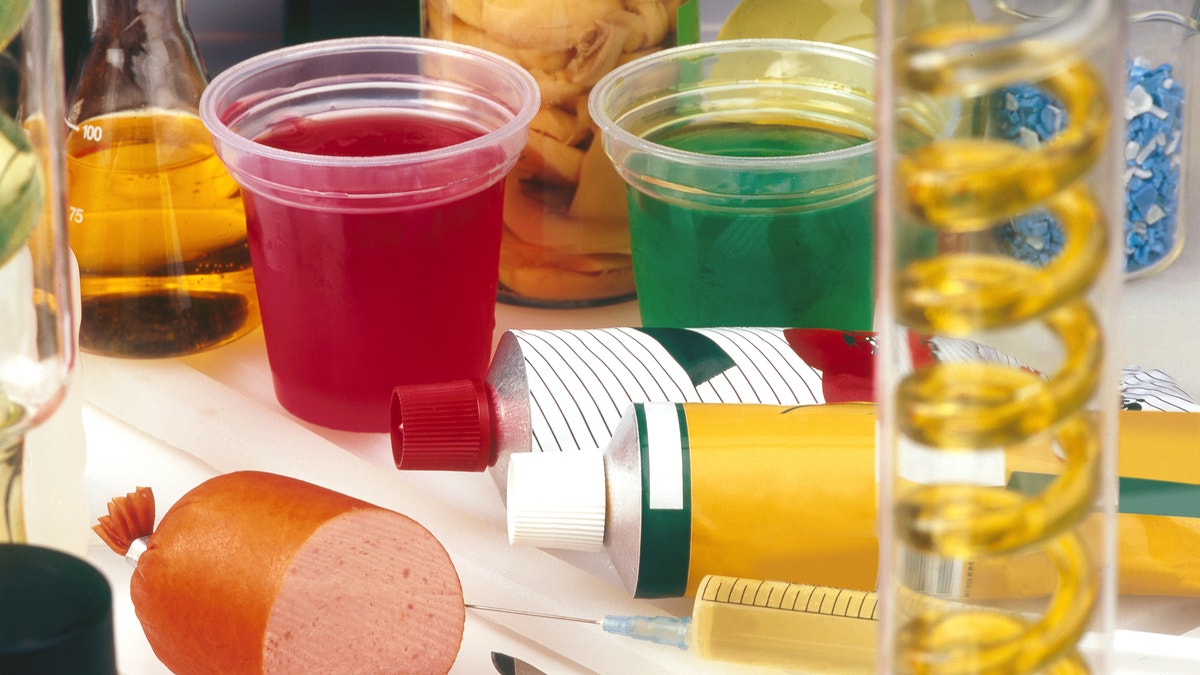
Lebensmittelchemie, Nahrungsmittelzusatzstoffe im Labor (JoeCologne)
The United States has been known to allow some questionable substances to float around in the country’s food system, but some of these “generally recognized as safe” (GRAS) food additives are just disturbing.
More From The Daily Meal
- People Who Eat Fast Food Have More Harmful Chemicals in Their Bodies, Study Says
- The FDA Is Finally Trying to Limit Arsenic Levels in Baby Rice Cereal
- FDA Sets 'Action Level' On Arsenic In Apple Juice
- Canada’s Free-Trade Agreement Allows Milk with Growth Hormones to Enter the Country
- Is Caramel Coloring Carcinogenic? FDA Tests Soft Drinks
When people say they are scared about the chemicals that are in their food, the list below is probably mostly what they’re talking about, whether they realize it or not. Many of these food additives have been banned in Europe and other developed countries, but the United States has been frustratingly slow to pull the trigger on stateside bans. Industry-funded studies — as well as a free market ideology founded in reactionary regulations rather than precautionary ones — allow food manufacturers to get away with using these chemicals, even though they probably shouldn't be (and it's only going to get worse if an anti-regulatory government gets elected this November).
Here’s a list of eight of the most worrisome food additives in our food, all of them banned by the European Community and some of them forbidden elsewhere as well.
